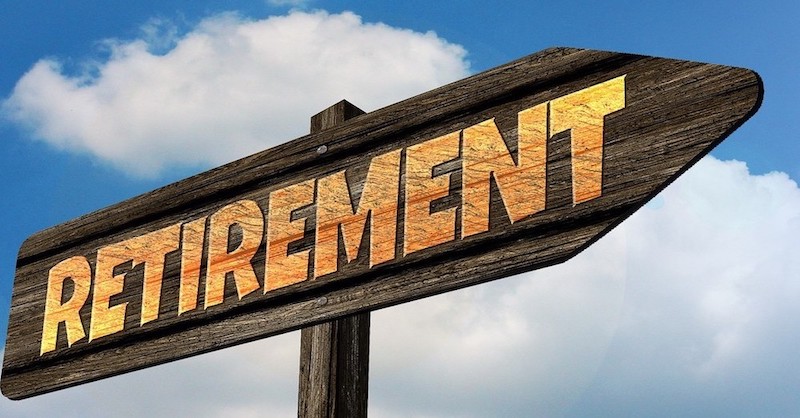
The Secure Act 2.0: Promoting Retirement Savings
Congress has included the Secure Act 2.0 (the “Act”) in its 2022 year-end Omnibus budget bill. The Bill was signed into law on December 29, 2022. Broadly, the bill is meant to allow for and support greater retirement savings. Important provisions benefiting both employers and employees include the following:
Provisions benefiting or impacting Employers:
- For employers with under 50 employees contemplating setting up 401(k) or other defined contribution plans in 2023, Section 102 increases the credit for 100% of pension plan administrative start-up costs up to $5,000. Section 111 also provides for a per employee credit for amounts contributed by an employer on behalf of an employee, up to a cap of $1,000. This new per employee credit is available to employers with 50 or less employees and is being phased out for employers having between 51-100 employees.
- For sole proprietors (including wholly owned LLCs) the Act permits them to establish 401(k) plans after year end but before their tax filing deadline (effective after enactment).
- Other administrative changes include:
- removing the requirement for Pre-Death required minimum distributions from Roth 401(k) accounts.
- allowing employer and employee Roth contributions to SIMPLE IRAs and SEP IRAs (which were limited to traditional contributions prior to the Act).
- providing participants with the option of receiving employer matching contributions to defined contribution plans to be made on a Roth basis.
- expanding automatic enrollment (beginning 2024) of participants in 401(k) and 403(b). Existing plans are generally grandfathered from this provision. This may benefit owners and highly compensated employees (HCEs) in the long run, as a higher participation rate may mean Owners and HCEs can contribute more without running into testing issues.
- allowing employers to make minor gifts (such as gift cards) to encourage employee participation in retirement plans. Effective for tax years beginning after enactment. Again, this may not only benefit the employees that receive the gift but also those owners and highly compensated employees who benefit from higher participation rates among all employees.
- For employers with no retirement plan the Act provides for Starter 401(k) plans. Under the legislation, an employer that does not sponsor a retirement plan will be permitted to offer a new starter 401(k) plan (or 403(b) plan). The changes generally will require that all employees be default enrolled in the plan at a 3% to 15% deferral rate. The limit on annual deferrals will be $6,000 with an additional $1,000 in catch-up contributions beginning at age 50. Available for plan years after 2023.
Provisions benefiting or impacting Retirees/Employees
- For retirees who want to preserve their tax-exempt retirement accounts as long as possible the age for required minimum distributions (RMDs) is increased to 73 on January 1, 2023 and goes up to 75 in ten years (2033). Retirees can also make increased catch-up contributions. For those over 50, catch-up contributions are increased from $6,500 to $7,500. For those 60-63, catch up contributions are increased another $10,000 for 2023.
- For families, the Act has increased flexibility by allowing up to $35,000 of 529 education accounts to be rolled over to Roth IRAs. Importantly, the 529 plan has to have been established for 15 years prior to the rollover. This provision is only available for distributions after December 31, 2023.
- For hardship situations, the Act increases flexibility for employee participants with regard to retirement plan distributions. For example, Act provisions allow for or clarify rules for allowing retirement distributions to domestic abuse victims (who self-certify) up to $10,000, and those with terminal illnesses without paying the 10% early withdrawal penalty tax.
These are just some of the many changes brought by the Act. If you have Secure Act 2.0 questions, feel free to contact us at 404-255-7400.
Author
Tags:retirement savings
Recent Posts
Mike Hoffman
How Urgent is 2025 Exemption Gifting?
Hoffman Estate Law
Paying Your Taxes Safely: Leveraging IRS Direct Pay to Mitigate Fraud Risks
Tabitha Relota
Did you Contribute to a Syndicated Conservation Easement?
All Categories
Get a Free Consultation
We are here to help.
Call us today to discuss your issue.
Call us today to discuss your issue.



